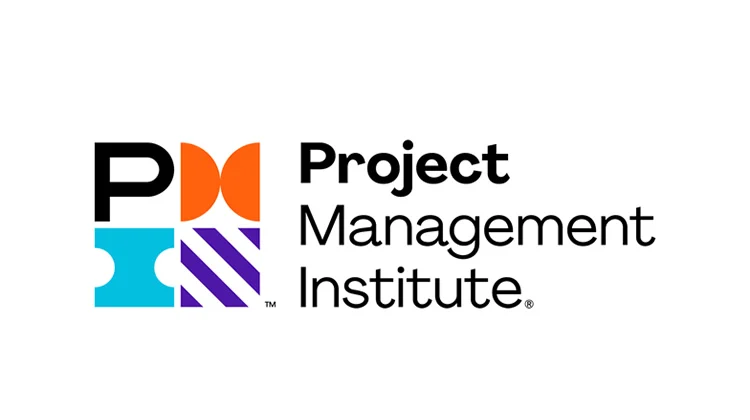Yearly, the World Youth Skills Day is set aside by the United Nations on 15th July to applaud the strategic importance of equipping young people with skills for employment, decent work and entrepreneurship.
The lingering ASUU strikes and global megatrends such as digital disruption, demographic and economic shifts, climate crisis and labour shortages are likely to influence skills required to manage or leverage future risk and opportunity landscapes in ways that we can’t yet predict. The future world of work will differ from today. It will also demand very different skill sets.
“The challenge the youth face today is how to ensure what they are learning currently is relevant in tomorrow’s world,” says George Asamani, Business Development Leader, Africa at Project Management Institute.
A vast majority of graduates around the world continue to be challenged by fewer job opportunities that match their qualifications.
The World Youth Skills Day provides Project Management Institute (PMI) an opportunity to show how “young people can take charge of their own skills development, independently managing an agile skills acquisition process to adapt their current skills to new realities – or quickly gain new skills as opportunities develop,” says Asamani.

Careers are no longer a linear journey. Moving between roles, industries and locations is the new normal. While navigating your own career journey provides a path to success and a means of maintaining professional passion, it also places the “power to manage careers firmly in the hands of those committed to continual learning and self-driven development.
Whether you are an engineer, a programmer, an industrial chemist, a marketer or an accountant, these skills on their own could fall short. If young Africans are to contribute meaningfully to a business or build their own enterprises, “we need to learn how to organise and apply our skills in the delivery of actual projects or products and services, explains Asamani.
To help leverage the power of agile and independent skills development, PMI has developed programmes that build bridges between education and employability so that young Africans can deploy their skills in formal employment where available or create their own opportunities for effective entrepreneurship.
In West and East Africa, PMI has partnered successfully with universities to provide courses to help students understand how to apply their skills in project management and delivery in the real world. In South Africa, PMI is keen to engage with universities to address the existing mismatch between youth skills and market needs, a chasm likely to become wider as the Project Economy advances. Project management skills rank as one of the top five scarce skills in the country.
It’s time to invest in new ideas and approaches to skilling youth for the future of work—not in a vacuum, but in a coordinated, committed fashion. Improving the potential employment outcomes for global youth demands that businesses, governments and other key players cooperate to align educational initiatives, workforce development programs and public policy.
Another revolution that is disrupting the world of work is the use of technology. However, the exponential increase of digital solutions did not see an equal increase in coding talent to support the adoption.
PMI reports show that 86% of IT decision-makers identify a lack of skills, especially software skills, as the biggest challenge to digitally transforming their business.
To support youth in 4IR, PMI collaborated with partners in its larger ecosystem to build the Citizen Developer courseware.
The course teaches the youth to use low-code/no-code development platforms, a type of visual software development environment that allows them to drag-and-drop application components, connect them together and create apps.
According to The Economist magazine, citizen developers are growing at a blistering 40% year-over-year. That’s three times faster than the population of developers (25M) is growing.
“Citizen developers are not only going to ease the pressures on traditional software developers but also address the skills shortage. We expect to see increased adoption by enterprises for specific business needs. Whether you are a project manager or looking to add software development to your arsenal of skills, proficiency in using low-code/no-code tools will hold you in good stead as it is quickly becoming a standard practice for fast application development,” says Asamani.
“It is now time for government, business and not-for-profit organisations like PMI to re-energise public-private partnerships, and invest in new ideas and approaches to skilling youth for the future of work. If we frame the present as an opportunity, a lot can be achieved,” he added.









